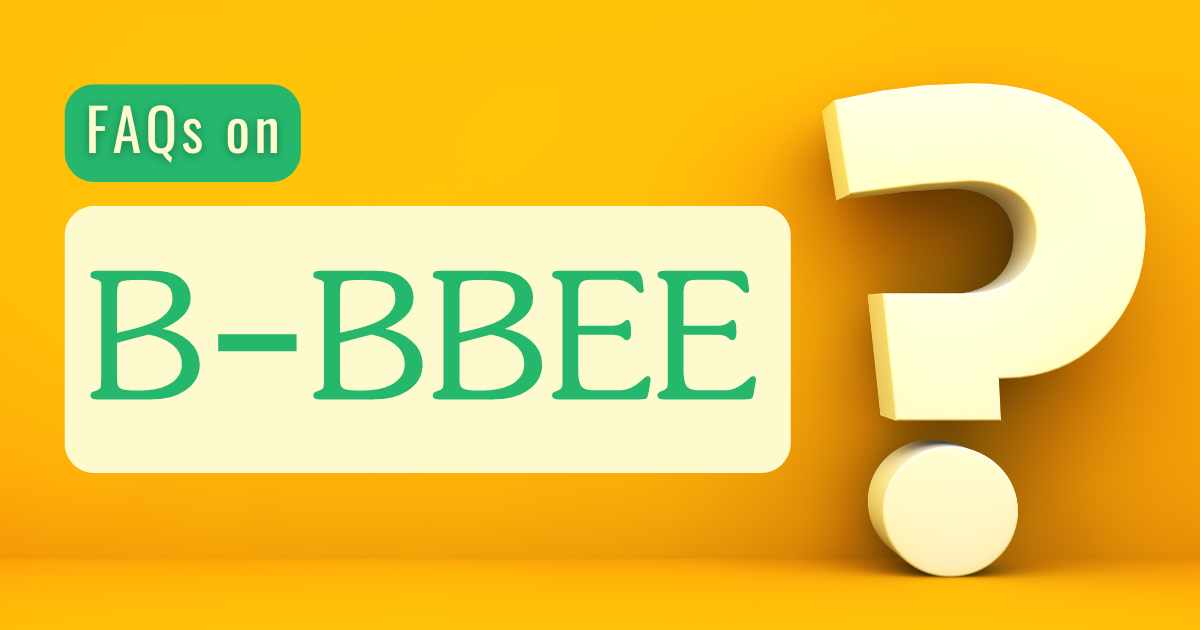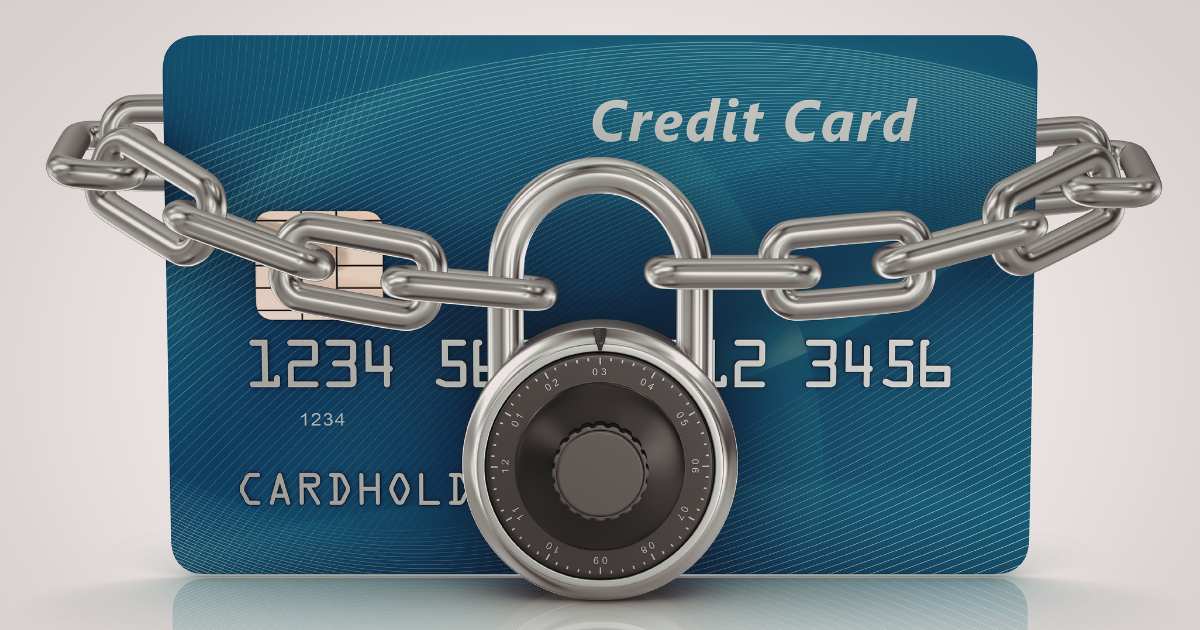
Compliance is equally for laws and for the benefit of enterprises. One of the many compliance requirements for businesses in South Africa is B-BBEE. The government implemented broad-based black economic empowerment to ensure that previously disadvantaged individuals do not face systematic segregation.
B-BBEE is a ‘vehicle’ designed to effect socio-economic and structural change within the private and public sectors. It’s a method that can be used by businesses to ensure transformation and provides long-term benefits for companies willing to embrace it.
Beyond addressing structural inequalities, B-BBEE can open the door to new clients, job contracts and funding opportunities.
Here, we are going to look at some of the frequently asked questions concerning B-BBEE and how you can implement it into your business.
What Are the Different B-BBEE Levels?
There are eight different B-BBEE levels. Each level has different points and a procurement recognition level. For example, a level 3 B-BBEE equals 90-94 points and has a procurement recognition level of 110%.
Who is Allowed to Issue a B-BBEE Certificate?
A B-BBEE certificate can only be issued by a verification professional accredited. Accreditation is given by the South Africa National Accreditation Systems (SANAS).
What Governs B-BBEE?
B-BBEE is governed by the following:
- The Broad-based Black Economic Empowerment Act.
- The Generic Codes of Good Practice on B-BBEE and certain sector-specific Codes of Good Practice.
- Any sector codes that govern entities within certain sectors.
Why Does My Business Need to be B-BBEE Compliant?
Any enterprise which undertakes business with a government entity is required to comply with the provisions of the Codes of Good Practice. Additionally, if your business is compliant, you will obtain a competitive advantage of your competitors that are non-compliant.
Compliance is also important for equal economic opportunities for all.
Will It Be Expensive For Me to Get My B-BBEE Compliance Certificate?
Getting B-BBEE compliant can be expensive if you do not do it properly or have left everything to the last minute. You can avoid this by getting a good consultant to assist you to implement B-BBEE.
How Can a Measured Entity Obtain a B-BBEE Certificate?
All exempt micro enterprises (EMEs) are exempted from B-BBEE compliance and receive automatic B-BBEE recognition level 4. An EME which is (at least) 51% black-owned automatically receives level 2 status. Those which are 100% black-owned receive level 1 status.
EMEs need to obtain a sworn affidavit or a certificate from the Companies and Intellectual Property Commission (CIPC). The sworn affidavit must be signed by a Commissioner of Oaths.
For qualifying small enterprises (QSE) which are a minimum of 51% black-owned or 100% black owned are treated the same as EMEs. QSEs with less than 51% black ownership must be verified through an accredited verification professional.
Large enterprises must be verified for B-BBEE by an accredited verification professional.
Who Qualifies As a ‘Black’ Person for Purposes of B-BBEE?
The term ‘black people’ in B-BBEE is a term which refers to Africans, Coloureds and Indians who:
- Are citizens of South Africa by birth or descent.
- Became citizens of South Africa through naturalisation before or on 27 April 1997 or after 27 April 1997. These citizens would have been entitled to acquire citizenship by naturalisation prior to the date of 27 April 1997.
Does the Government Have to be B-BBEE Compliant?
Much like enterprises, the government must also be B-BBEE compliant. This means that the government must report on their B-BBEE compliance in its audited annual financial statements and annual reports. This is stated under the Public Finance Management Act.
What Are the Elements of B-BBEE?
The B-BBEE elements each contribute to the outcome of your business’ B-BBEE scorecard. The elements each carry their own weight which contribute to your overall score. The elements of B-BBEE are:
Ownership – 20%
Management – 10%
Employment equity – 15%
Skills development – 15%
Preferential procurement – 20%
Enterprise development – 15%
Socio-economic development – 5%
How Long is a B-BBEE Certificate Valid For?
B-BBEE certificates are only valid for 12 months from date of issue. The certificates cannot be renewed, you will need to file a new application for a new certificate. Remember, only directors/members of your company are allowed to apply for B-BBEE certificates. No third parties or intermediaries.
How Do I Check My B-BBEE Status?
You can check your B-BBEE status or any company’s B-BBEE status by tracing the name of the issuing B-BBEE verification agency or approved registered auditor to the lists of all SANAS-accredited agencies.
These FAQs are here to guide you through your B-BBEE compliance journey. For more information, read our guide to B-BBEE in South Africa.






